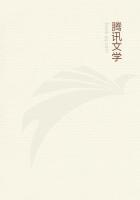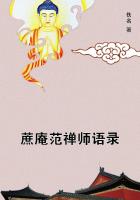M. D'Arblay's fortune had perished in the general wreck of the French Revolution; and in a foreign country his talents, whatever they may have been, could scarcely make him rich. The task of providing for the family devolved on his wife. In the year 1796, she published by subscription her third novel, Camilla. It was impatiently expected by the public; and the sum which she obtained for it was, we believe, greater than had ever at that time been received for a novel. We have heard that she cleared more than three thousand guineas. But we give this merely as a rumour. Camilla, however, never attained popularity like that which Evelina and Cecilia had enjoyed; and it must be allowed that there was a perceptible falling off, not indeed in humour or in power of portraying character, but in grace and in purity of style.
We have heard that, about this time, a tragedy by Madame D'Arblay was performed without success. We do not know whether it was ever printed; nor indeed have we had time to make any researches into its history or merits.
During the short truce which followed the treaty of Amiens, M.
D'Arblay visited France. Lauriston and La Fayette represented his claims to the French Government, and obtained a promise that he should be reinstated in his military rank. M. D'Arblay, however, insisted that he should never be required to serve against the countrymen of his wife. The First Consul, of course, would not hear of such a condition, and ordered the general's commission to be instantly revoked.
Madame D'Arblay joined her husband in Paris, a short time before the war of 1803 broke out, and remained in France ten years, cut off from almost all intercourse with the land of her birth. At length, when Napoleon was on his march to Moscow, she with great difficulty obtained from his Ministers permission to visit her own country, in company with her son, who was a native of England. She returned in time to receive the last blessing of her father, who died in his eighty-seventh year. In 1814 she published her last novel, the Wanderer, a book which no judicious friend to her memory will attempt to draw from the oblivion into which it has justly fallen. In the same year her son Alexander was sent to Cambridge. He obtained an honourable place among the wranglers of his year, and was elected a fellow of Christ's College. But his reputation at the University was higher than might be inferred from his success in academical contests. His French education had not fitted him for the examinations of the Senate House; but, in pure mathematics, we have been assured by some of his competitors that he had very few equals. He went into the Church, and it was thought likely that he would attain high eminence as a preacher; but he died before his mother. All that we have heard of him leads us to believe that he was a son as such a mother deserved to have. In 1832, Madame D'Arblay published the Memoirs of her father; and on the sixth of January, 1840, she died in her eighty-eighth year.
We now turn from the life of Madame D'Arblay to her writings.
There can, we apprehend, be little difference of opinion as to the nature of her merit, whatever differences may exist as to its degree. She was emphatically what Johnson called her, a character-monger. It was in the exhibition of human passions and whims that her strength lay; and in this department of art she had, we think, very distinguished skill.
But, in order that we may, according to our duty as kings at arms, versed in the laws of literary precedence, marshal her to the exact scat to which she is entitled, we must carry our examination somewhat further.
There is, in one respect, a remarkable analogy between the faces and the minds of men. No two faces are alike; and yet very few faces deviate very widely from the common standard. Among the eighteen hundred thousand human beings who inhabit London, there is not one who could be taken by his acquaintance for another; yet we may walk from Paddington to Mile End without seeing one person in whom any feature is so overcharged that we turn round to stare at it. An infinite number of varieties lies between limits which are not very far asunder. The specimens which pass those limits on either side, form a very small minority.
It is the same with the characters of men. Here, too, the variety passes all enumeration. But the cases in which the deviation from the common standing is striking and grotesque, are very few. In one mind avarice predominates; in another, pride; in a third, love of pleasure; just as in one countenance the nose is the most marked feature, while in others the chief expression lies in the brow, or in the lines of the mouth. But there are very few countenances in which nose, brow, and mouth do not contribute, though in unequal degrees, to the general effect; and so there are very few characters in which one overgrown propensity makes all others utterly insignificant.
It is evident that a portrait painter, who was able only to represent faces and figures such as those which we pay money to see at fairs, would not, however spirited his execution might be, take rank among the highest artists. He must always be placed below those who have skill to seize peculiarities which do not amount to deformity. The slighter those peculiarities, the greater is the merit of the limner who can catch them and transfer them to his canvas. To paint Daniel Lambert or the living skeleton, the pig-faced lady or the Siamese twins, so that nobody can mistake them, is an exploit within the reach of a sign-painter. A third-rate artist might give us the squint of Wilkes, and the depressed nose and protuberant cheeks of Gibbon.

